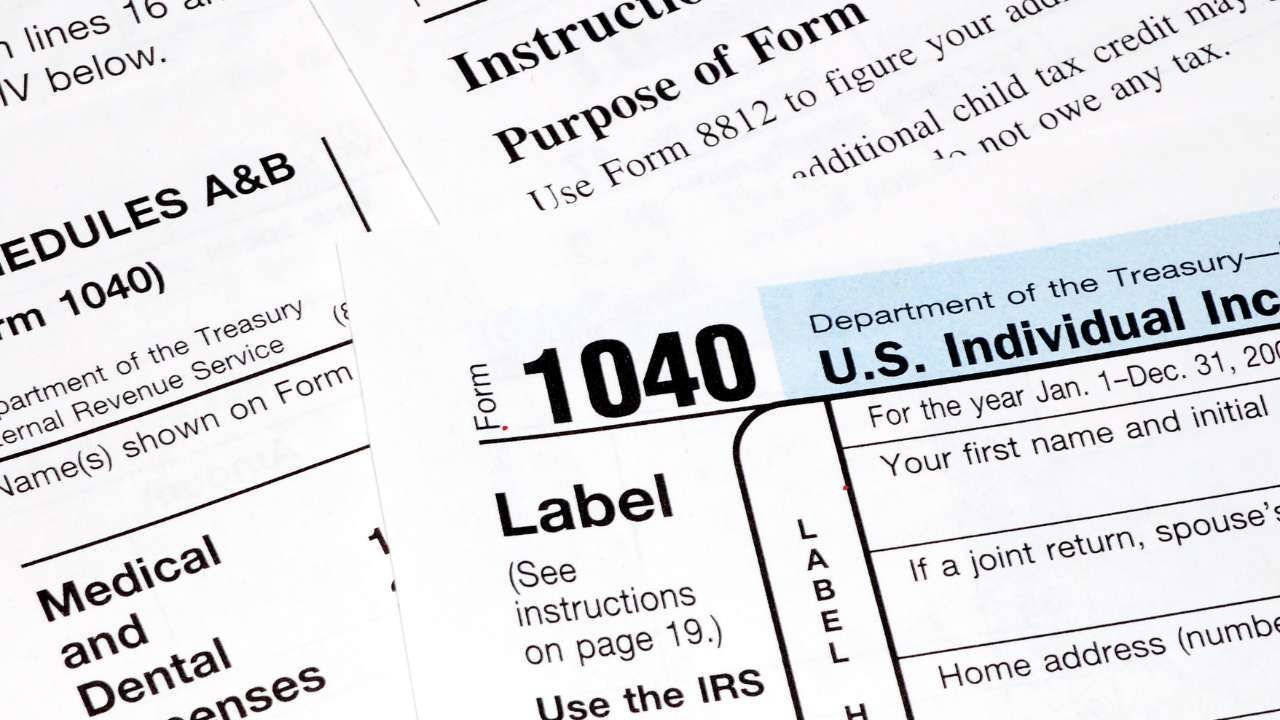State vs. Federal Taxes: Key Differences You Need to Know

When it’s time to file taxes, the confusion between federal and state taxes can leave even the most organized person scratching their head. If you’ve been searching for tax filing consultants in Fort Mill SC, chances are you're trying to make sense of how these two systems differ—and how each one affects your finances.
In this post, we’ll break down the key differences between state and federal taxes, help you understand why they matter, and share a real-world example of how they can impact your return.
Federal Taxes: One System, Nationwide Rules
Federal taxes are administered by the Internal Revenue Service (IRS) and apply to all U.S. citizens and residents, regardless of where they live. The main components include:
- Income Tax: This is the big one. Everyone earning income above a certain threshold must file a federal return.
- Payroll Taxes: These fund Social Security and Medicare.
- Corporate Taxes: Businesses pay taxes on their profits.
- Excise Taxes: These are specific taxes on items like gasoline, tobacco, and alcohol.
Federal income tax is progressive, meaning rates increase as income increases. There are seven tax brackets ranging from 10% to 37%, and the same system is used nationwide.
Your federal return also includes credits and deductions, like the standard deduction, child tax credit, and student loan interest deduction—tools that can significantly reduce what you owe.
State Taxes: Different States, Different Rules
Unlike the federal system, state taxes vary widely. Some states, like Florida and Texas, have no state income tax at all. Others, like California and New York, have multiple brackets and high tax rates.
Here's what you might encounter:
- State Income Tax: Most states require you to file a return if you earned income there.
- Sales Tax: Charged at the point of purchase, this can vary not only by state but by city or county.
- Property Tax: Determined by local governments based on your home’s value.
- State-Specific Deductions and Credits: Each state creates its own list of allowable deductions and credits.
South Carolina, for example, offers several deductions for retirement income and military pensions, making it a tax-friendly state for certain groups.
Filing Separately: Why It Gets Complicated
One major difference between the two systems is how filing status, deductions, and credits are treated. In some cases, what helps on your federal return might not help—or might not even be allowed—on your state return.
- Itemizing vs. Standard Deduction: Some states require you to itemize if you do so federally.
- Credits May Not Transfer: A federal education credit might not be recognized at the state level.
- Different Rules for Residency and Income: If you moved states mid-year, you might have to file two state returns—something best handled by experts like Carolina Tax Consulting, who provide tailored services for complex tax situations.
Case Study: Same Income, Different Outcomes
Take two married couples, both earning $100,000—one lives in Tennessee, the other in North Carolina. They both file jointly and claim similar deductions.
- The Tennessee couple owes no state income tax.
- The North Carolina couple, however, owes roughly $5,000 in state taxes.
This illustrates why understanding state vs. federal tax implications isn’t just about paperwork—it can impact your bank account in a big way.
Final Thoughts
Knowing the difference between federal and state taxes is essential for smart financial planning. Federal taxes are consistent, but state taxes add a layer of complexity that varies depending on where you live, work, and own property. That’s why so many people lean on professionals for support.
If you’re unsure about your tax situation or have recently moved between states, consider reaching out to local tax preparation experts like Carolina Tax Consulting. With the help of trusted tax filing consultants in Fort Mill SC, you can make sure both your federal and state returns are accurate—and optimized for savings.
Need help navigating both state and federal tax requirements? Contact our team today and take the stress out of tax season.
Ready to work with Carolina Tax Consulting, LLC?
Let's connect! We’re here to help.
Send us a message and we’ll be in touch.
Or give us a call today at 803-410-5885











